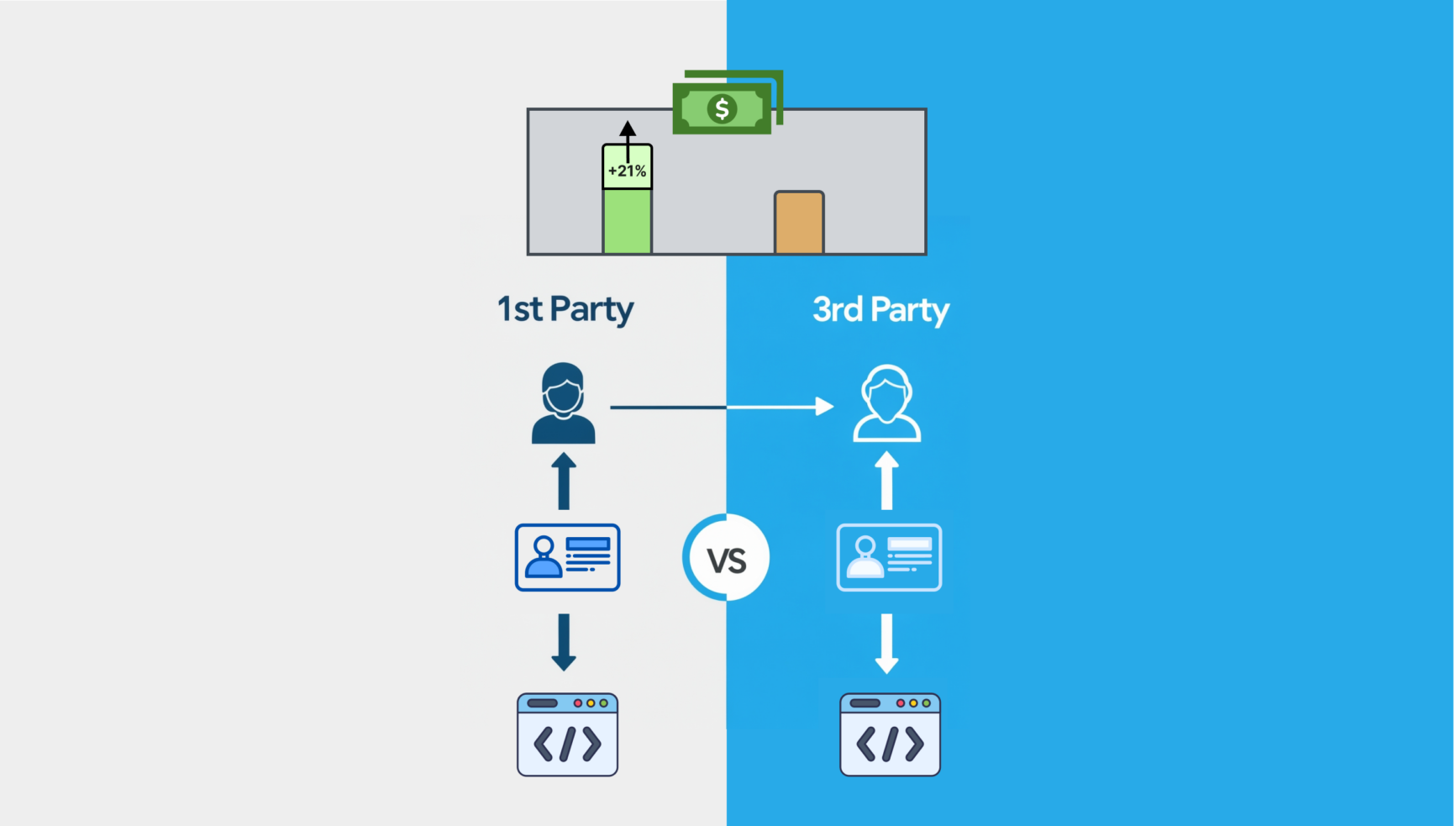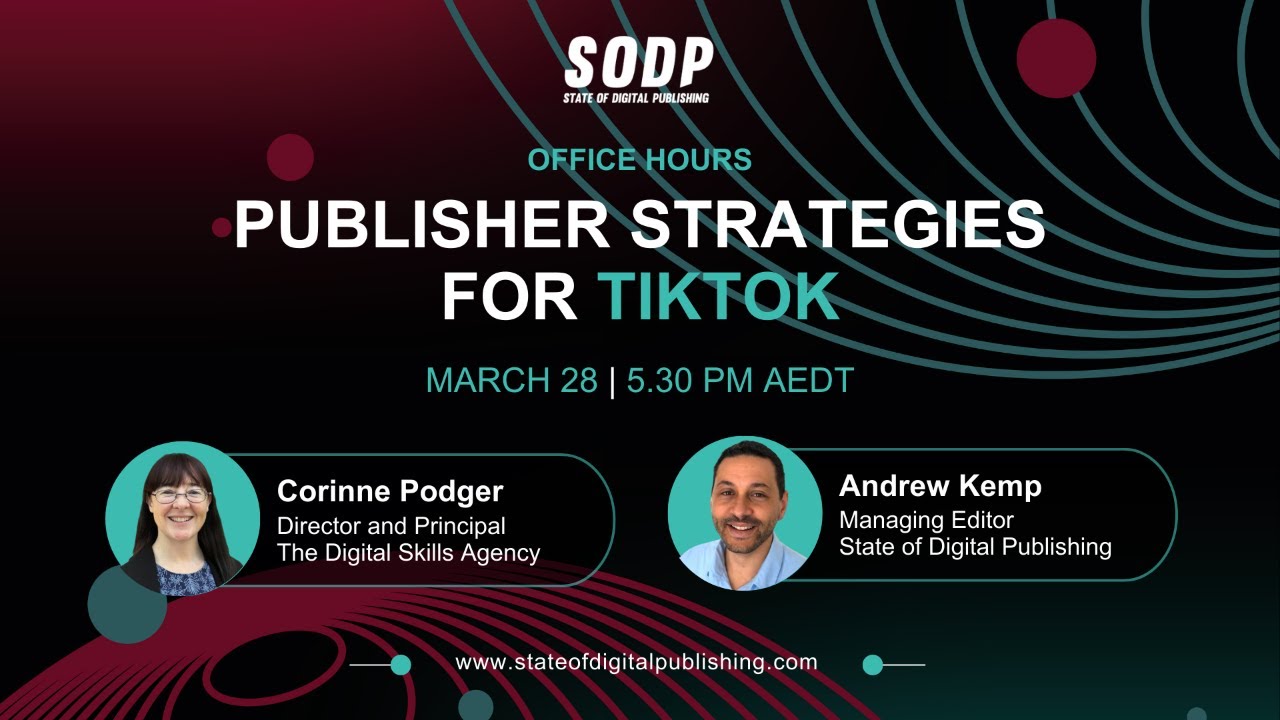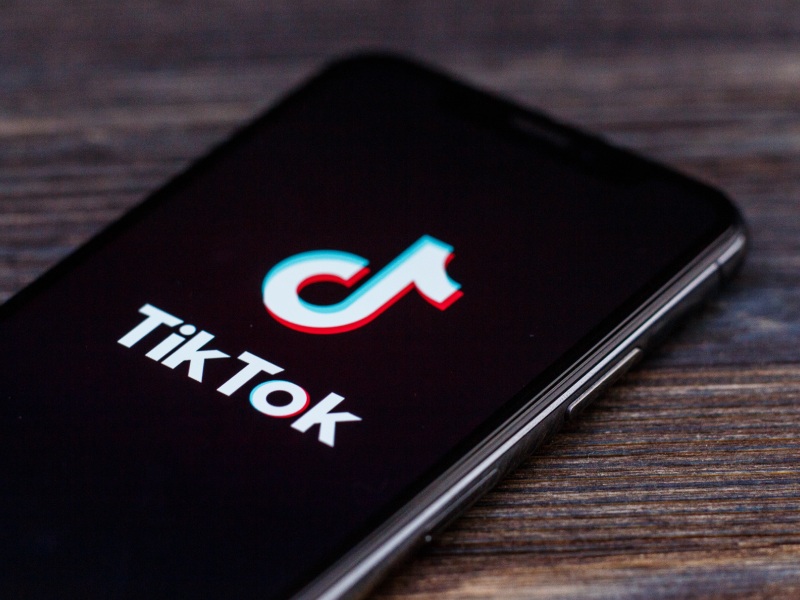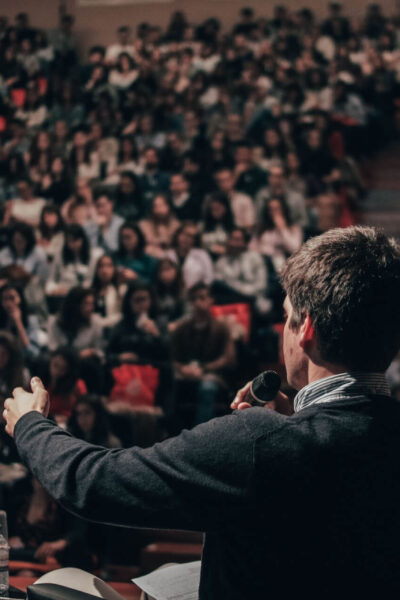Franz-Stefan Gady is an Associate Editor with The Diplomat.
What led you to start working in digital/media publishing?
I always wanted to write about international politics, diplomacy, and war. Earlier, I thought I wanted to be an academic but realized that academic publishing is just not for me. I abhorred and still abhor social science jargon as it often obfuscates rather than clarifies an issue. ‘Good prose should be transparent, like a window pane’, as George Orwell once wrote.
Consequently, I decided to break into the world of general foreign policy writing and started pitching stories to different outlets in the US. I did not know anyone in publishing and just submitted articles to general submission inboxes. Foreign Policy Magazine eventually published my first commentary. It encouraged me to do more writing.
I had a different full-time job at a think tank at that time and I wrote in my spare time. I became a freelance reporters/writer on the side. I embedded with U.S. forces in Afghanistan repeatedly and managed to get published in a few established outlets. I also spent time in Iraq to do some on the ground reporting on the Kurds fights against the Islamic State.
Only after a few years of freelancing did I feel confident enough to apply for full-time jobs in publishing. The Diplomat Magazine was actually the first publishing job I ever applied to and luckily enough I got.
What does a typical day look like for you?
The first thing I do is edit the drafts that have been uploaded overnight and are ready for publication. Then I proceed to write two blog posts for The Diplomat’s ‘Flashpoints’ and ‘Asia Defense’ sections. In the afternoons, I usually do more editing and work on longer feature pieces. Given that Monday is our most traffic-heavy day, I sometimes write 3-4 blog posts.
What’s your work setup look like?
The Diplomat staff is communicating on Slack and via email. We rarely see one another in person since we are all based in different cities. The Diplomat has an office in Tokyo but no office in the United States. I use a laptop for editing and writing. I mostly work from home.
What do you to get inspired?
I read. I try to read a book a week related to foreign policy, international politics, and military history. I also subscribe to a number of magazines in my field. I am also a big fan of biographies. My major passion remains political philosophy and I continue to read a lot of Thucydides, Plato, and Xenophon. I try to sneak in a work of fiction at least once a month. For shorter news stories I use Twitter a lot. However, I try to limit my exposure to social media to about an hour a day.
I have also, albeit unsuccessfully, been trying to fuse the flowery prose of T.E. Lawrence‘s Seven Pillars of Wisdom with the succinct style of U.S. Grant’s Personal Memoirs. Whenever I pick up either book I ask myself: Why do I even bother?
What’s your favorite piece of writing or quote?
“The change came a long way back, but at first it didn’t show. The manner remains intact for some time after the morale cracks,” F. Scott Fitzgerald, Tender is the Night.
Is there a product, solution, or tool that you think is a good match for your digital publishing efforts?
I am a big fan of Slack.
Content from our partners
What’s the passionate problem you are tackling at the moment?
Groupthink. Most of my fellow scribblers who write on defense and foreign policy are American, American-educated or have spent most of their professional careers in the United States myself included. The language they write in is English, and the culture they are embedded in is American. I think this confines our cognitive framework and leads to mistaken perceptions about the world. One can develop a tendency to the see the world in a monocultural way for one thing. The result is a “herd of independent minds,” as an art critique once said. This has been accentuated by the echo-chamber effect of social media of course. At the Diplomat, we are making a conscious effort to reach out to non-Americans and writers who have not attended U.S. academic institutions. I think that’s great because it helps to address a fundamental imbalance.
Any advice for ambitious digital publishing and media professionals just starting out?
Accept the fact that you will have to work for free for a while. Expect to get a lot of rejections at the outset (and later on). If you don’t have the urge to write every day, you probably should not try to become a writer. Build up your social media presence. Keep deadlines. Be disciplined.












